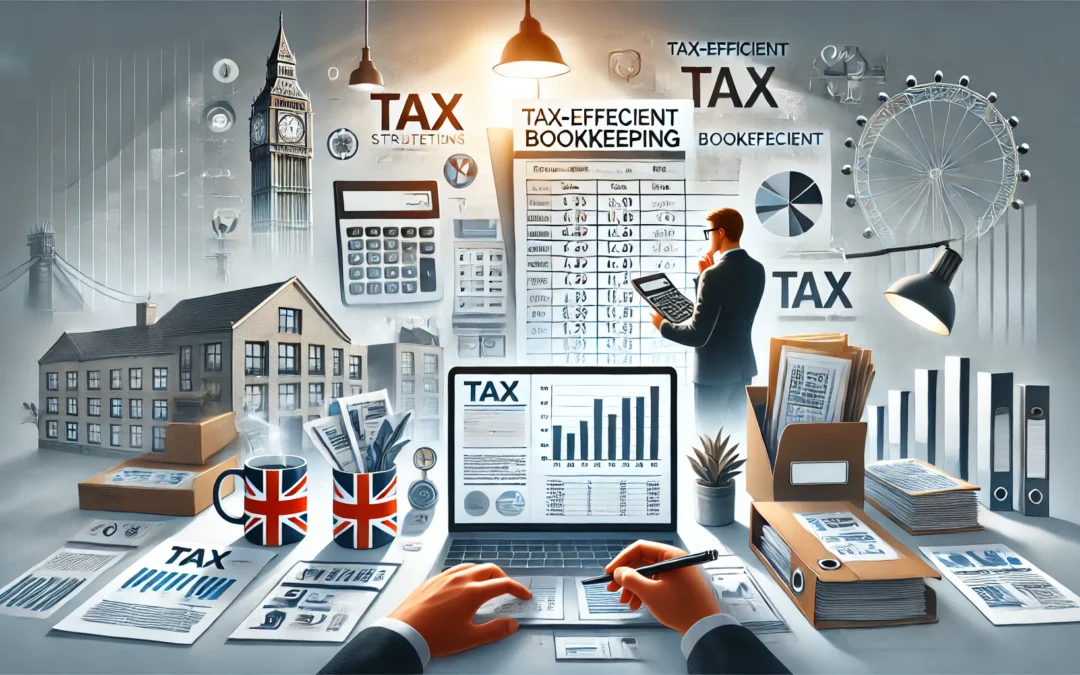Navigating Brighton’s Unique Tax Regulations: A Bookkeeper’s Guide
Understanding Brighton’s Local Tax Framework
Brighton, a vibrant city on the southern coast of England, boasts not only a lively arts scene and rich history but also a unique set of tax regulations tailored to local businesses. For bookkeepers operating in this area, it’s essential to grasp the intricacies of these regulations to ensure compliance and offer valuable advice to clients.
The primary consideration for bookkeepers is the distinction between local and national tax rules. While the UK tax system is fundamentally standardised, local councils may impose specific taxes or levies that differ from elsewhere in the country. Understanding these nuances can greatly enhance the service provided to clients.
Business Rates: A Local Tax to Watch
One of the significant local taxes businesses in Brighton must contend with is the business rates. These taxes are set by the local council and are based on the estimated rental value of properties occupied by businesses. For bookkeepers, staying up-to-date with the latest assessments and any changes in the local council’s policies is crucial.
Brighton & Hove City Council operates a system that many local businesses rely on. The rateable value of a property is reassessed periodically, and fluctuations can impact the financial health of a business. Bookkeepers should help clients understand their responsibilities regarding these taxes, including payment schedules and potential eligibility for reliefs or exemptions.
Local Enterprise Tax Incentives
With the aim of encouraging business growth, Brighton has several initiatives that may benefit local enterprises. Local enterprise tax incentives, such as grants or funding for start-ups, can significantly impact cash flow and tax obligations. Bookkeepers should be aware of these schemes and guide their clients on how to apply for them.
Engagement with local government can yield opportunities for businesses to minimise their tax liabilities legally. Bookkeepers need to foster relationships with local authorities and stay informed about any new incentives that could aid their clients.
VAT Considerations in Brighton
Value Added Tax (VAT) is another essential area for bookkeepers to manage. Brighton businesses must comply with the same VAT regulations as the rest of the UK; however, local interpretations and practices might influence bookkeeping and accounting procedures.
For instance, knowing the local context can help identify which businesses may be eligible for VAT reliefs. Furthermore, Brighton’s tourism industry can play a role in VAT calculations, particularly for businesses that cater to visitors. Bookkeepers should routinely review transactions and ensure that VAT is correctly applied, especially given that certain services may have unique VAT implications in a tourist-heavy area.
Staying Compliant with Employment Taxes
Another critical aspect of navigating Brighton’s tax landscape is understanding employment taxes. For many businesses, their employees are their most valuable asset, and ensuring compliance with PAYE (Pay As You Earn) is vital. Bookkeepers need to be well-versed in the specifics of calculating and remitting income tax and National Insurance contributions.
Brighton’s diverse workforce presents unique challenges. Various types of employment, such as freelancers and seasonal workers, may complicate matters. Bookkeepers should implement robust systems for tracking payments and ensuring that all contributions are made accurately and on time.
For any assistance or inquiries about tax regulations in Brighton, DD Accounting LTD can be reached by phone at 01273044178 or via email at hello@dd-accounting.co.uk.
Conclusion
Navigating the intricate tax regulations in Brighton requires a comprehensive understanding of both local and national frameworks. As a bookkeeper, your role is pivotal in helping businesses maintain compliance and optimise their financial performance amidst the complexities of local taxes, VAT, and employment obligations. Staying informed about available incentives and maintaining open lines of communication with local authorities will empower you to provide the best guidance for your clients.
Whether you’re supporting established companies or start-ups, your expertise can make a significant difference in how these businesses manage their tax responsibilities. For more information or tailored advice on handling Brighton’s unique tax regulations, please reach out to DD Accounting LTD. Our team is ready to assist you in ensuring that your bookkeeping practices align with all necessary requirements.
Contact us by phone at 01273044178 or via email at hello@dd-accounting.co.uk to learn how we can help you navigate the local tax landscape effectively.




